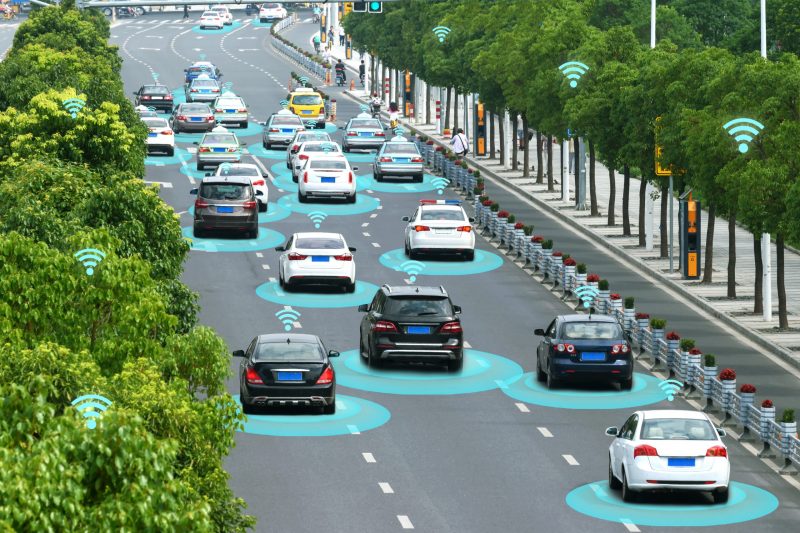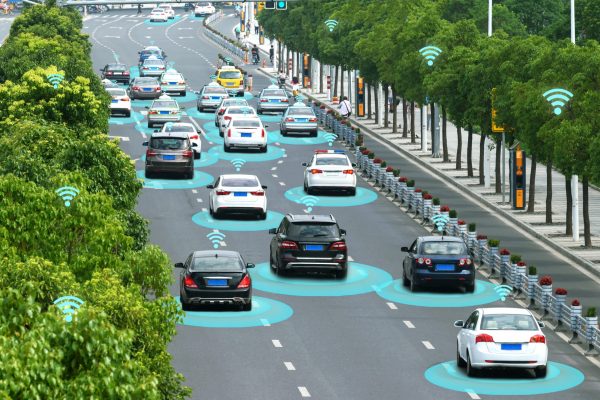
This site
is mobile
responsive
Malaysia aspires to be aregional leader in manufacturing, engineering and technology innovation. Towards this, the National Automotive Policy 2020 (NAP 2020) looks to enhance the automotive industry in Malaysia through research and development over new technologies, particularly in the areas of Next-Generation Vehicles (NxGV), Industrial Revolution 4.0 (IR 4.0) and Mobility-as-a-Service (MaaS).
For a vehicle to be classified as NxGV, it has to meet the definition of an Energy Efficient Vehicle (EEV) and be equipped with Intelligent Mobility applications with a minimum of level 3 automation (conditional automation) within the 6 levels of vehicle autonomy parameters. This means that the vehicle is only capable of selfdriving under strict and ideal conditions. A human driver is still required to be behind the wheel and must take over the driving task if the ideal conditions could not be met in certain circumstances.
To spearhead the development of NxGV in Malaysia, the Ministry of Transport together with the Sepang Municipal Council has approved Malaysia’s first public road as an autonomous vehicle (AV) testing route. Developed by Futurise under the National Regulatory Sandbox initiative, the Cyberjaya Malaysia Autonomous Vehicle (MyAV) Testing Route is a seven (7) kilometre testing route for AV.
The testing route will allow tech companies to test and validate the capabilities of their autonomous vehicle technology on Malaysia’s public road under a set-up of ‘real’ traffic conditions, prior to them seeking approvals from local authorities and traffic regulators to implement the technology on private and commercial vehicles.
This initiative has been on-going since 2019 at the autonomous vehicle test bed (AVTB) to test the compatibility of various technologies with local infrastructure and environment, in the analysis of autonomous vehicles and design of NxGV parts and components. The Cyberjaya MyAV Testing Route is a progressive effort to further support the AVTB, potentially advancing the local technological innovation within the NxGV field.
This development is also a promising promotional tool for Malaysia to host technological companies seeking to test their autonomous vehicle technologies by leveraging on the MyAV Testing Route.
On the global front, Honda plans to mass-produce its first autonomous car, the Honda Legend luxury sedan with level 3 automation in March next year.
The vehicle has been approved by the Japanese government to be used on the road in Japan. Global traffic regulators and drivers are anticipating the production of this model as it will be the world’s first autonomous car that is approved and mass-produced.
Efforts in Malaysia include REKA, a local R&D tech company developing a self-driving Proton Perdana of level 3 automation in September 2016. In April 2020, Celcom demonstrated a selfdriving Proton Exora using the autonomous system developed by MooVita and Ericsson, as part of the 5G Malaysia showcase and increasing the momentum of autonomous vehicle technology.
MIDA remains committed to render the necessary support and facilitation to local and international industry players towards the adoption of advanced technologies to raise the automotive industry to the next level.

Source: MIDA e-Newsletter March 2021